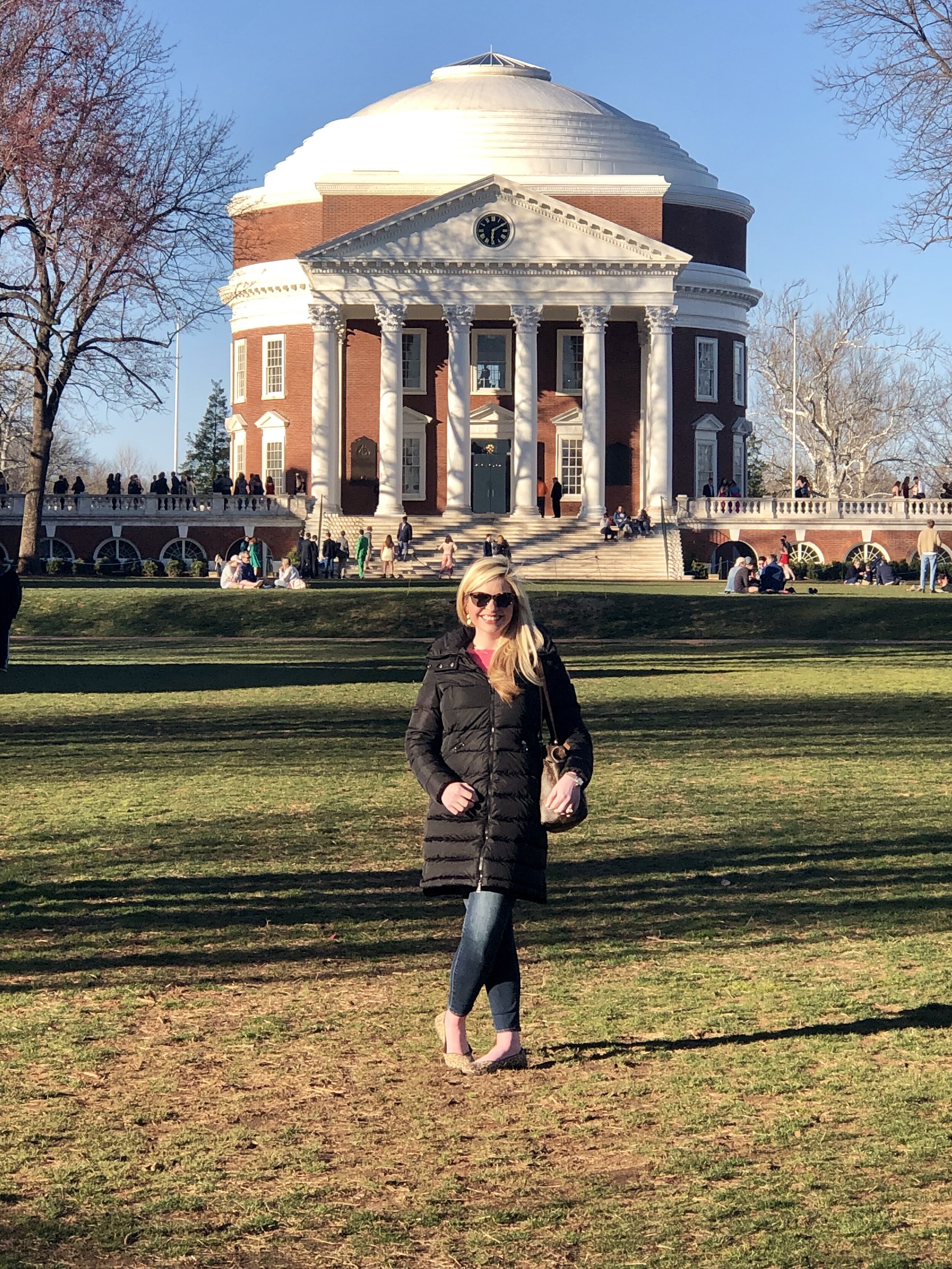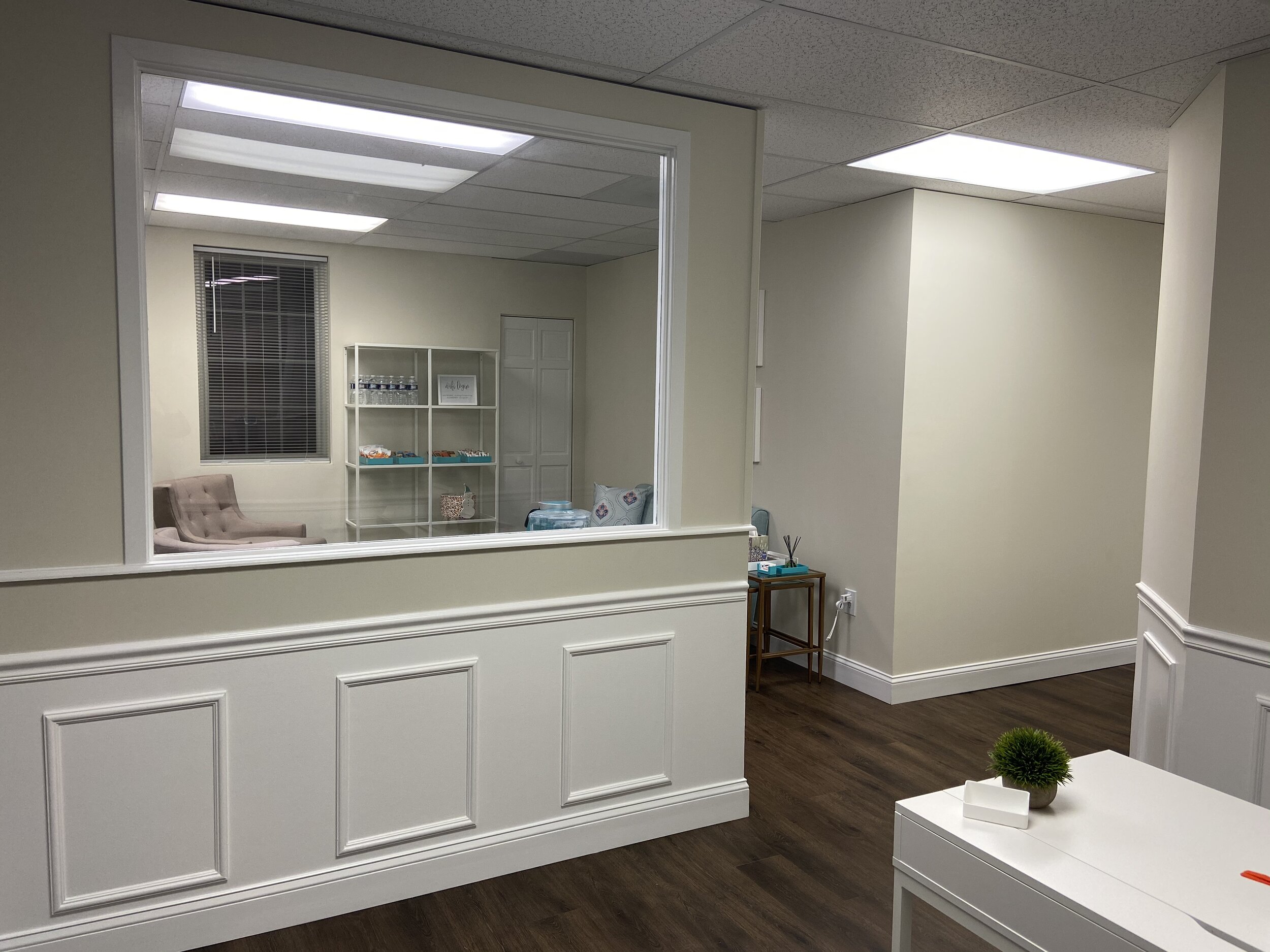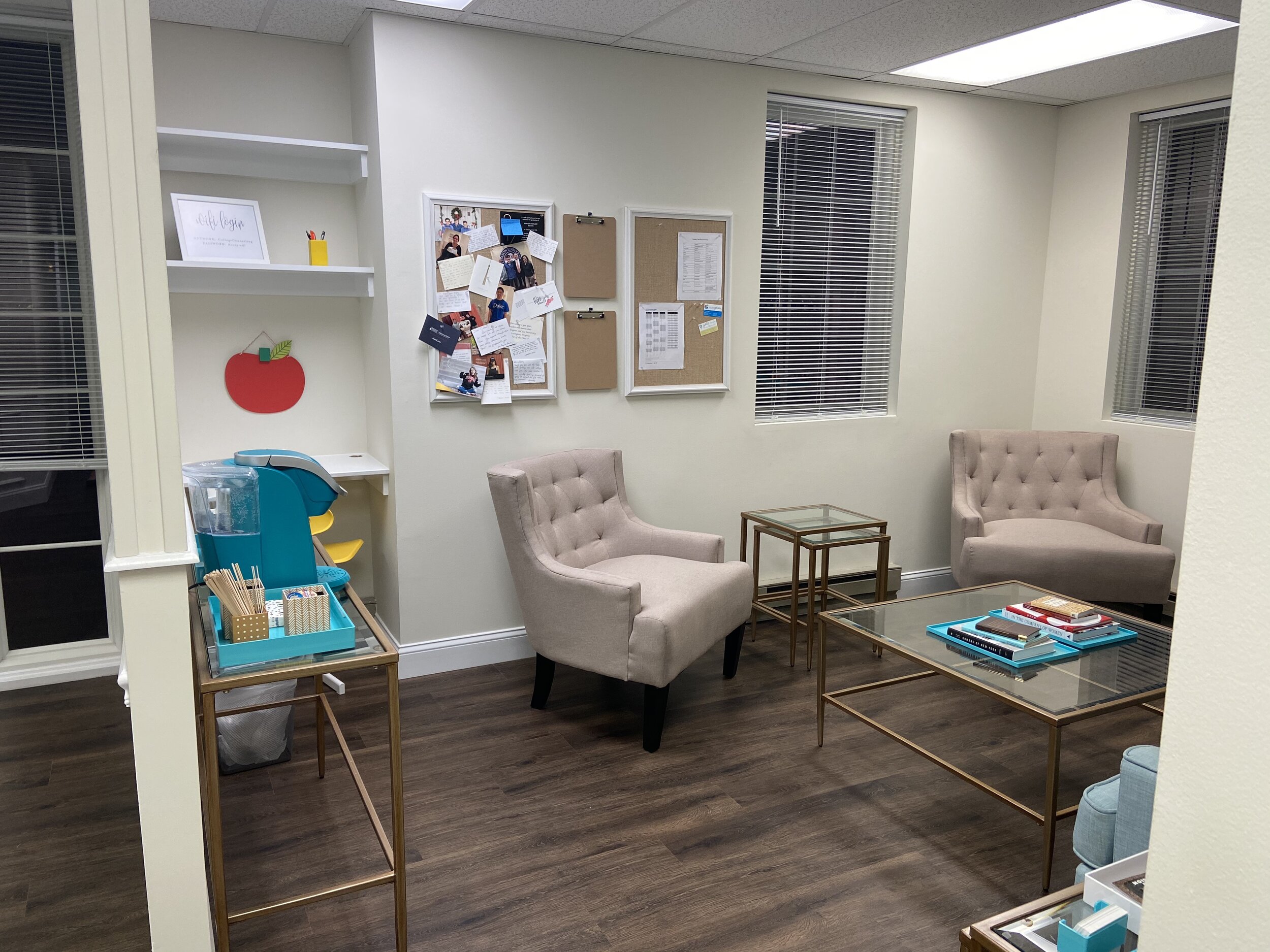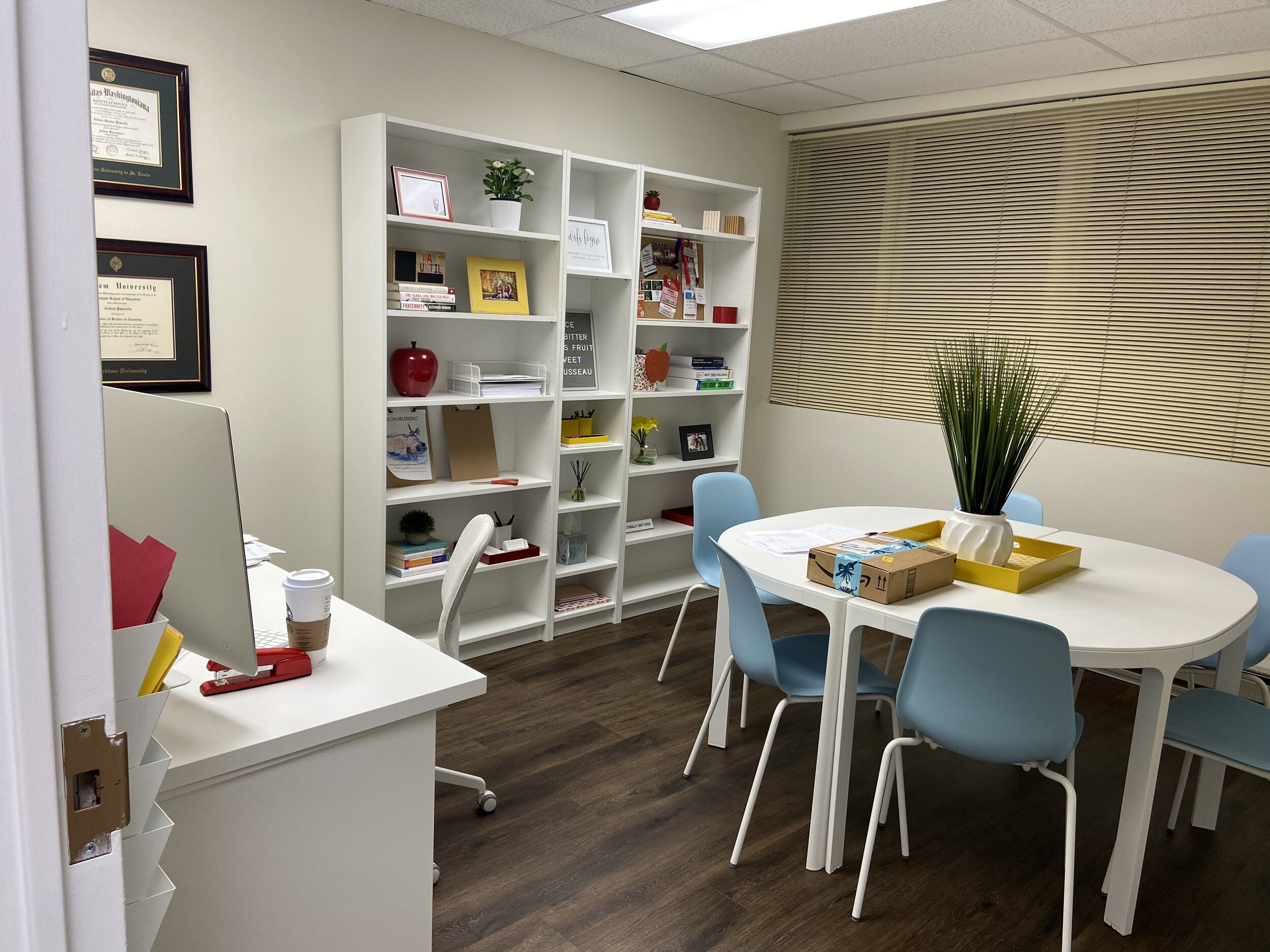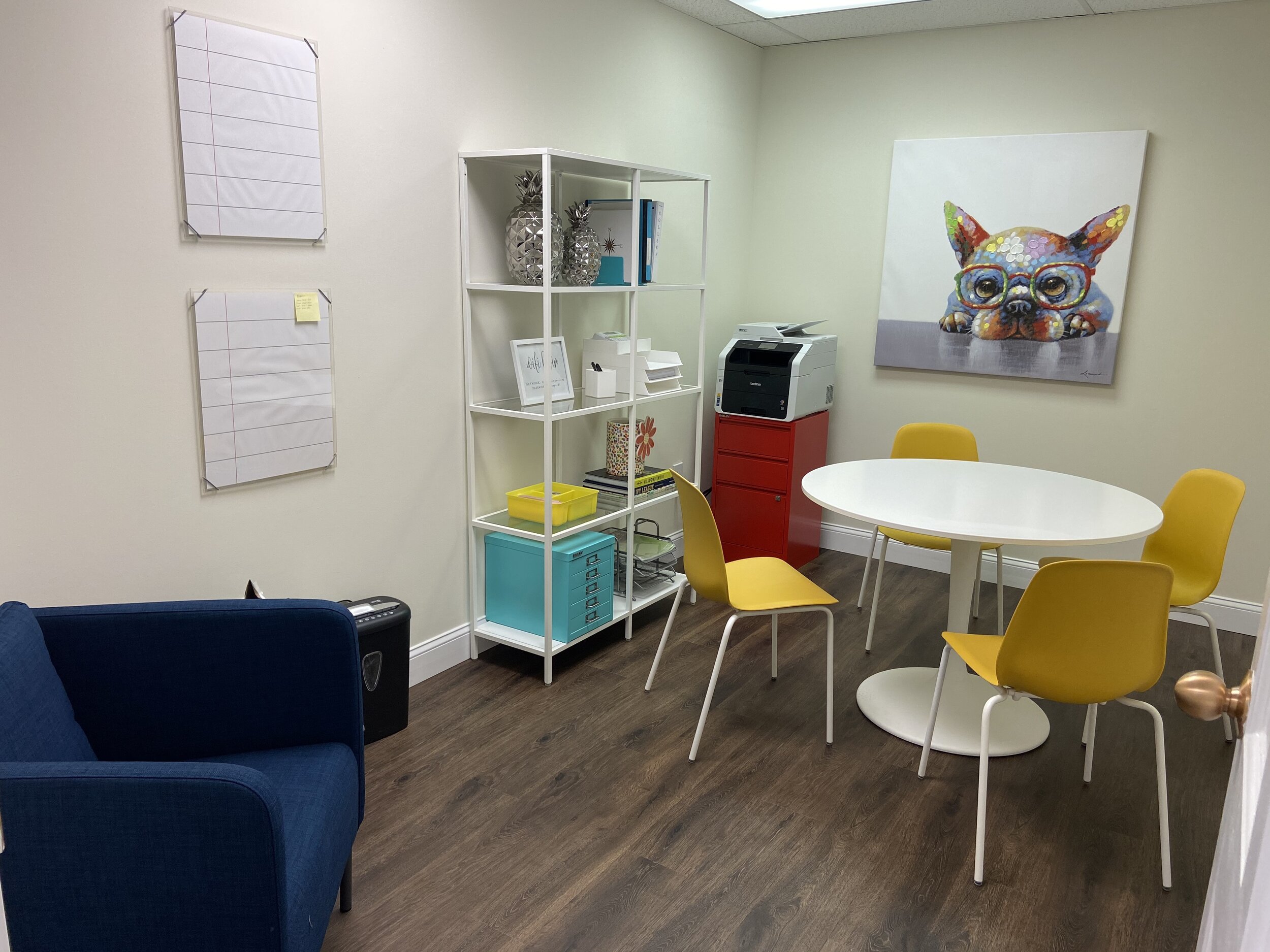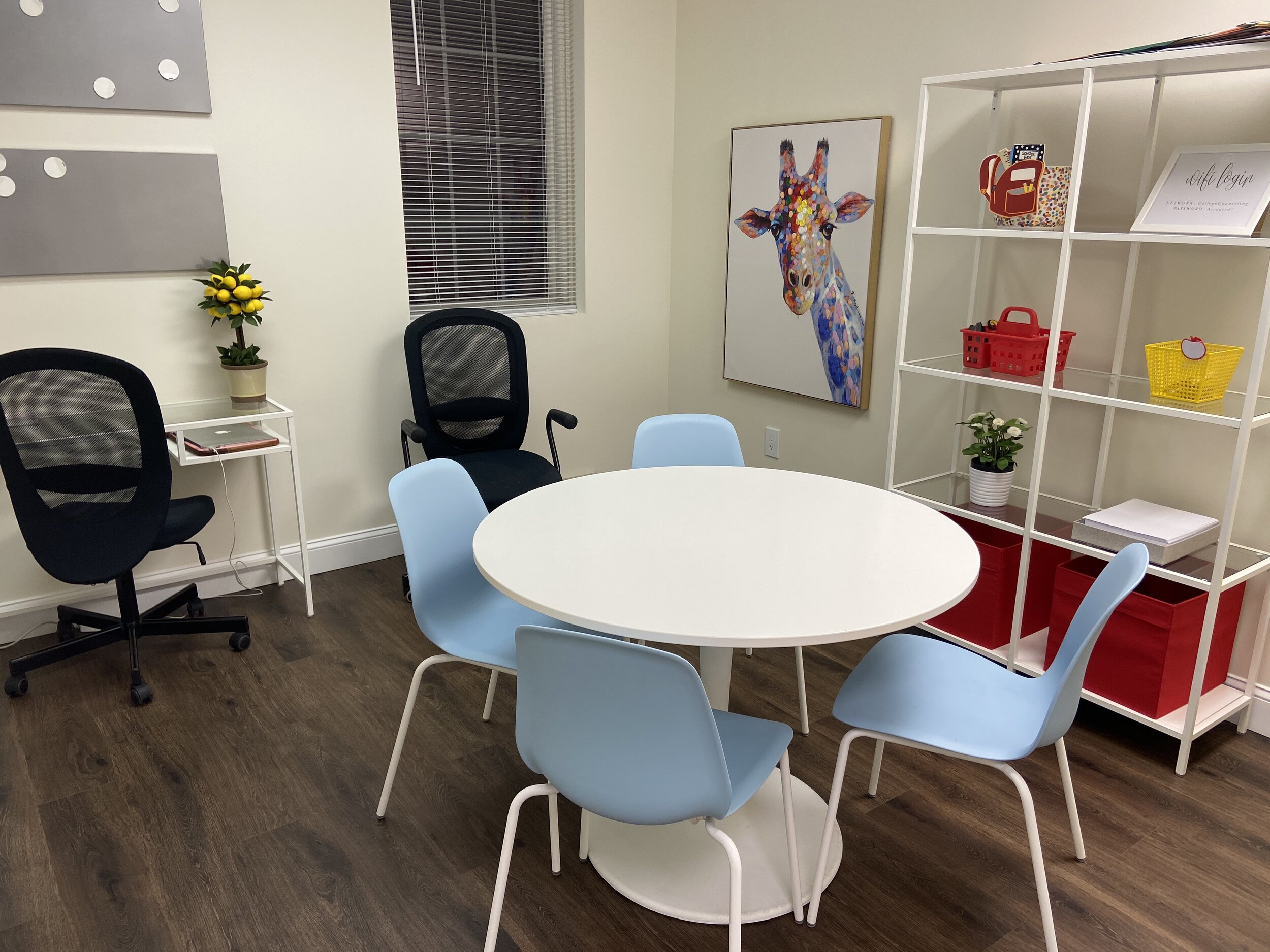I’m a guest on a podcast this week and have to provide an answer to the question “What is one thing about you that may surprise people?”
Well, one thing that would probably surprise most people is that I spent a year in college interning as a Complaint Counselor at the ACLU of Eastern Missouri for fifteen hours per week. I then spent ten weeks during the following summer as an “intern investigator” for the Public Defender Service in DC, in the Parole division. I spent incredibly long days tracking down witnesses all around Southeast DC and PG County, meeting with our clients at the DC Jail, and so much more. I know people throw the words “life-changing experience” around a lot, but that’s exactly what these internships were.
The biggest thing I learned from both of these positions is that the justice system will only work if both sides do exactly what they are supposed to do. The minute someone goes rogue, the entire system collapses. In the Parole division at PDS, I was helping out convicted criminals who had done some really horrible things. But it was my job was to help make sure they had the best possible representation so that the system could operate as it was intended. And police misconduct is a very, very real thing.
If I’m being honest, I almost didn’t post this week. I felt silly writing a blog post with sections like “Biggest News of the Week” when the SAT registration debacle is clearly NOT the biggest news of the week - or anywhere close to it. I have been glued to CNN. Truly, though, I am horrified by this entire situation. And yet I am not surprised. So I will say this: my heart absolutely breaks for George Floyd and the thousands and thousands of other names I’ve never heard.
Without getting too personal, I have realized one thing for sure over the past few years: I have absolutely no clue what it’s like to be a person of color in America today. The more I learn, the more I realize how much I still don’t know. But I am trying to understand, and I am so very sorry that this has happened. I wish I had something more eloquent to say.
There is absolutely no good way to segue this, but here goes:
BIGGEST COLLEGE-RELATED NEWS OF THE WEEK
(Yes, changing the title on this..)
More test-optional announcements, including the University of Miami and Rutgers.
Tons more announcements about the shifting of academic calendars at various colleges and universities.
ACT
We did get some clarity on the June ACT on Friday. First of all, some sites will be offering the test. ACT is trying to source community-based test sites in certain geographic areas without other options (for example, if the local school districts will not offer it). Depending on how that goes, it’s possible that more test sites will be added as time goes on.
In case you were wondering:
Test-takers will not be required to use PPE (i.e. masks), although they are encouraged to bring their own to use.
Test-takers that do bring/wear their own PPE will need to remove it upon arrival for facial identification purposes.
Test centers will be set up to adhere to social distancing guidelines. I assume that means six feet apart, but they may have left it vague on purpose.
There are definitely test centers open within a reasonable drive of the DC area. If you are okay with the risks above, then you may be able to log in and adjust your registration to one of those centers (please note that I am not advocating doing this, but I wanted to at least share the information I have).
As of Friday morning, ACT hadn’t specified exactly how the lack of required PPE will work in states where PPE is legally required in public indoor spaces, like Virginia (although I am sorry to say that I have seen many people without masks in Virginia in public indoor spaces since the law went into effect on Friday.. so maybe no one is following this anyway?)
FAQ released early Friday indicated that all students registered for the June ACT would receive a personalized email update at some point that day regarding their options. I heard from a lot of students who did receive this email, so it sounds like that actually came to fruition.
For what it’s worth, ACT also announced that their CEO is stepping down (was fired? not sure) and their COO is stepping into the CEO role. This is pretty big news and was sort of swept under the rug.
SAT
Last week, the College Board was supposed to open their site up for August, September, and October registrations for students who met priority criteria:
Students already registered for the June SAT or Subject Tests who didn’t cancel their registrations
Students in the high school class of 2020 who don’t have SAT scores
Students in the high school class of 2021 and don’t have SAT scores
It wasn’t clear whether the priority students were limited to one sitting or multiple, and to be honest, it’s still not fully clear. What we do know is that many students were able to register who did not meet the priority criteria at all. As a result, lots of students who should have had priority got shut out. Anecdotally, I found that families who were not registering for SSD (extra time) spots definitely had an easier time registering for multiple sittings.
Non-priority registration opens up June 3, but I’m sure the site will crash again.
BEST ARTICLES OF THE WEEK
I liked this one from the New York Times - it compares the strategy that Washington University in St. Louis (my alma mater!) is taking with St. Louis University down the street. SLU’s approach is definitely the one that we’re seeing from a ton of different schools. I can’t decide if I think the people at Wash U are being really smart about this or the exact opposite, but I’m intrigued to see how this plays out.
I thought this piece, also from the New York Times, asked some important questions about standardized testing.
Nearly half of high school students who graduated in 2016 had at least an A- average, but an admissions officer may give an A- from a struggling public school in Mississippi less weight than one from Phillips Academy, even though grade inflation is worse at wealthier and whiter schools. Other application components — personal essays, recommendation letters from illustrious mentors, calls from well-connected college counselors — also favor students from richer families.
While I agree with the author’s point 100% that the alternative is worse because of grade inflation, what I completely disagree with is the part about how grade inflation is worse at wealthier and whiter schools. Some wealthy and white schools, sure. The grade inflation at some FCPS high schools is so wild I can’t even wrap my head around it.
But Phillips Academy and peer schools? Not a chance. No way. We work with a lot of boarding school kids and this is just plain wrong. These schools have deflated grades, not inflated grades. That being said, the author’s incorrect assumption indirectly proves his point: so much is subjective and we need some kind of standardized way to measure achievement.
I thought about that article a lot as I read the one that ended up being the most interesting of the week, a piece from the WSJ about revolutionizing admissions in the wake of the pandemic. To be honest, I found this one very puzzling. I agreed with everything for a while - there’s no question this will be an extremely different year. However, I did not agree with some of the assertions at the end. Like this:
The unavoidable shift in the admission process this year could help to address stubborn longer-term problems. It may, for instance, de-escalate the current arms race widely decried by colleges, high schools, students and their families.
I’m sorry, but I’m with the New York Times article on this one. I truly do not think that the holistic approach that de-emphasizes testing data will de-escalate the arms race. In fact, I think it will escalate the arms race. Trust me when I say it’s already happening; the people who have the means to pursue professional assistance are doing so right now in droves. Your jaw would drop if you saw what our numbers looked like for the month of May… despite the fact that we’re in an economic depression.
Any of the assessment methods mentioned in that article can be easily manipulated. The Bowdoin videos? Come on. We prepped several students for that exact exercise last year. It’s very easy for a consultant experienced in admissions interview prep to help a student showcase their best self in that kind of setting. Same with the Character Skills Snapshot (to which the authors refer as the “Character Snapshot.”
As I see it, “revolutionizing” admissions to make it more holistic is going to help the people who can afford assistance with the soft aspects of their application, like interviews, essays, and recommendation letters. I’m not in the test prep business, but I would imagine that it’s much harder to ensure that a student achieves a high score on the ACT than it is to provide content to help that student’s recommender write a fantastic letter.
OFFICE HAPPENINGS
Just another super busy week. All the ACT/SAT nonsense took up a lot of time.
We are working on something that I’m very excited about for our graduating seniors, although they don’t know about it yet. Soon!
Some of the schools have begun to release supplemental essay topics for the Class of 2021. Stay tuned for a post on those later this week!
That’s all for now. Here’s hoping we can turn 2020 around during the month of June, am I right?!













